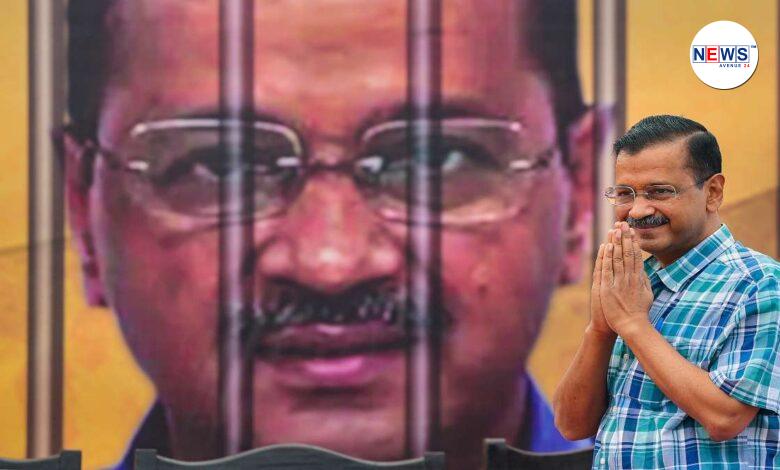
Arvind Kejriwal suffers major setback, no bail by Delhi High Court in Excise Policy case
Arvind Kejriwal was arrested by the CBI on June 26 from Tihar Jail, where he is still lodged in judicial custody.
The Delhi High Court on Monday (August 5) rejected the bail plea by Chief Minister Arvind Kejriwal in connection with the Excise Policy case, in a huge setback to the AAP leader. The court had reserved the order on the AAP leader’s bail plea on July 29 after hearing arguments of the counsel for Kejriwal and CBI. The High Court on July 17 had reserved its order on the plea challenging his arrest by the CBI in the corruption case linked to now-scrapped Excise Policy.
Regarding the bail application, the court has disposed of it, granting Delhi CM Arvind Kejriwal the option to approach the trial court for further relief.
What were the arguments presented in the court?
Challenging his arrest, Kejriwal’s lawyer argued that it was an “insurance arrest” to make sure that he does not walk out of the prison and stays inside the jail. He described Kejriwal’s arrest a “sham” and argued that the CBI had not want to arrest him and did not have any material to take him into custody.
The CBI counsel had opposed both pleas of Kejriwal and said that terming his arrest an “insurance arrest” was unjustified. He also said that Kejriwal was the “sutradhaar” of the excise policy scam and there was evidence to prove his involvement in the offence.
Kejriwal’s arrest and his bail pleas
Kejriwal was arrested by the CBI on June 26 from Tihar Jail, where he is still lodged in judicial custody in a connected money laundering case filed by the ED. The chief minister, who was arrested by the ED on March 21, was granted bail by the trial court in the money laundering case on June 20. However, the trial court’s order was stayed by the high court. On July 12, the Supreme Court granted interim bail to Kejriwal in the money laundering case.
The excise policy was scrapped in 2022 after the Delhi lieutenant governor ordered a CBI probe into alleged irregularities and corruption involving the formulation and execution of the policy.
According to the CBI and the ED, irregularities were committed while modifying the excise policy and undue favours extended to licence holders.
(With PTI inputs)
News Source:- INDIA TV





